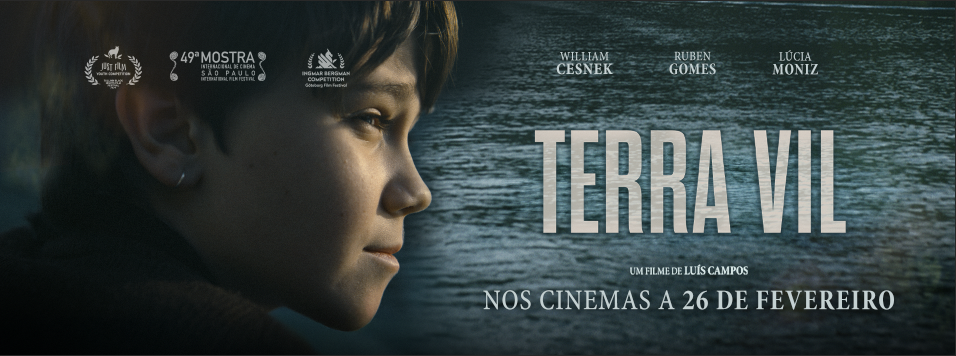Following a rumor that spreads about her in a remote village in Algeria, Hadjer is forced to flee with her son, Djamil. This departure marks the end of a peaceful life and the beginning of a tormented survival in the meanders of the big city. Prey to the desire of men, Hadjer will have to fight to get out of their clutches but above all to preserve Djamil whose adolescent impulses sound the danger. Life afterwards portrays a mother who struggles to offer her child a better future in her country. Fighting against prejudice, violence against single women and precariousness, it also offers an uncompromising description of today's Algeria. In the register of social neo-realism, refusing the "cinema of emergency", the filmmaker seeks to "say the real evils from which his society suffers with all the appropriate appeasement, without ever wanting to make a fund of trade" and to "achieve a human cinema that creates the debate and exchange.











